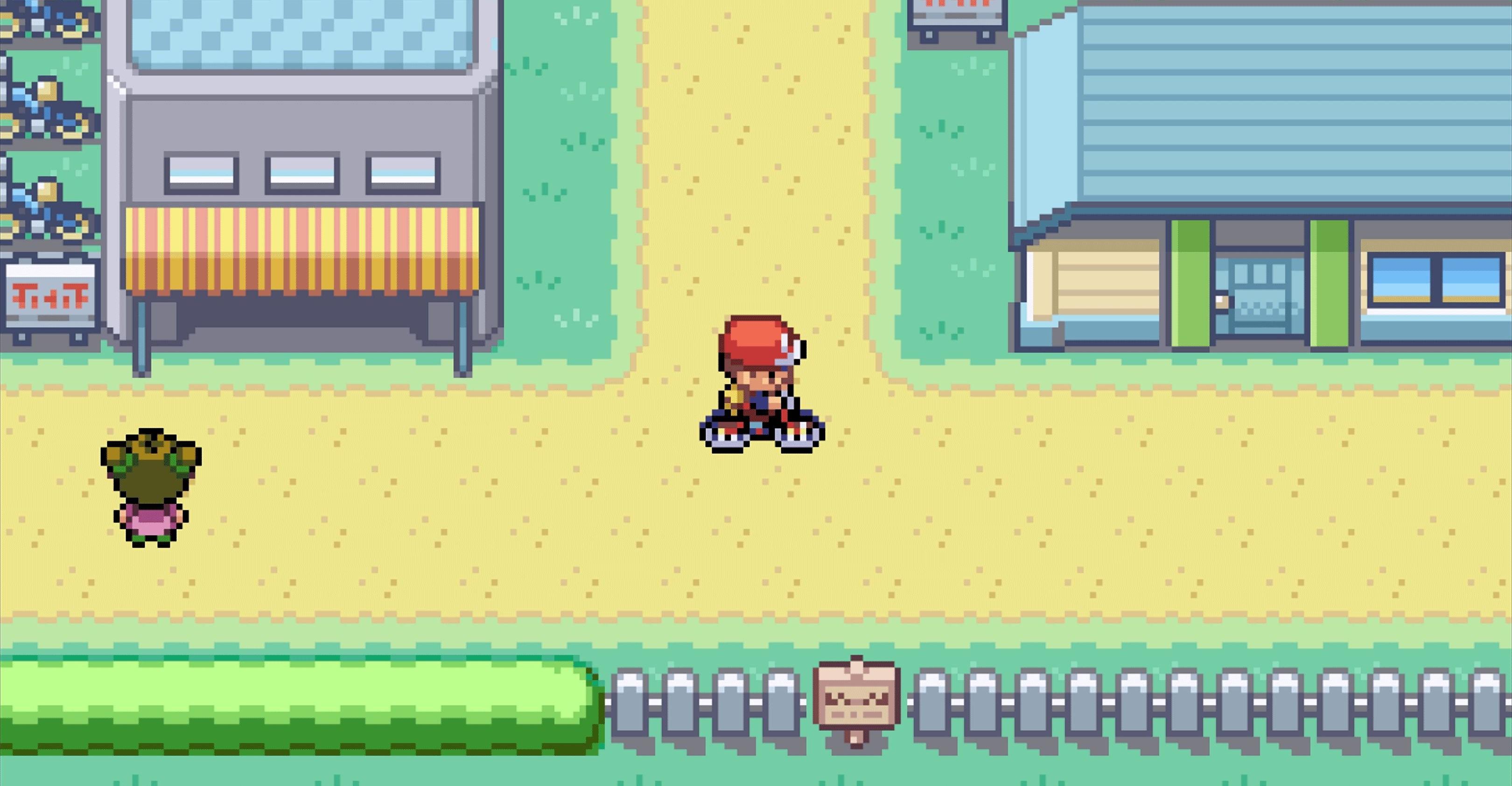Add in the extreme suffering of tens of billions of farmed animals, and suddenly the world looks like a much darker place.


If there’s one idea that forms the foundation of Future Perfect, it’s this: The human present is better than the past, and barring catastrophe, we can likely expect the future to be better than the present.
The statistics are so clear as to be indisputable. Nearly two centuries ago, almost half of all children died before their 15th birthday — now it’s below 5 percent globally. Starvation was high, life expectancy was low, violence was more common, and literacy was reserved for the elite. Human rights as we know them barely existed and even the idea that the world shouldn’t be this way was still centuries away from being born, and centuries more from becoming close to a reality.
This fact — that the past used to be really bad for almost all of us — was driven home for me when I first visited Ireland, where, you’ll not be surprised to learn, most Walshes come from. Driving through County Kerry in the country’s west, my wife and I came across a restored 19th century cottage built into the hillside. An entire family would live in tiny, smoke-filled rooms, eking out a subsistence living on little more than bread and potatoes. Or at least they did, until the Great Famine came in the mid-1800s, killing at least a million people and leading even more to leave Ireland forever. Altogether, the country may have lost as much as a quarter of its population.
Today, the Republic of Ireland is an EU member and far wealthier on a per capita basis than its former colonial overlords in Britain. And while far too many people in far too many countries today still live in conditions at least comparable to the poor souls who once dwelled in that cottage, the trends have long been pointing in the right direction, with extreme poverty, hunger, and death from preventable diseases all declining sharply, especially over the past few decades.
Even when we see disruptions in those trends, as I wrote about last week, it’s less a matter of the world truly getting worse than not getting better as quickly as it could — and should. Climate change, which is measurably making the world worse in some ways with each passing year, is on track to be less bad than we thought five or 10 years ago, and appears unlikely to reverse broader trends that will mean “a future where, in most scenarios, humanity is better educated, better fed, longer lived and healthier, also with less poverty and less conflict,” as the researcher Brian O’Neill wrote in Nature Climate Change recently.
Part of the reason we write about these positive trends so often at Future Perfect is because as clear as they might appear in the numbers and on the page, most people still don’t believe them. Just to cite one poll of many, from 2017: a plurality of respondents in a number of countries, including the US, reported that they believed life was better 50 years ago.
There are many reasons for that, including the role the media plays in focusing our attention on bad news, as my colleague Dylan Matthews wrote earlier this year. But even there, I suspect, part of the reason we mistakenly see the world as getting worse is because we’ve internalized the idea that it should be getting better. And that very notion — that the world can and should improve — is more recent and more radical than many of us know.
What about the animals?
So zoom out far enough, and things really are getting better all the time. Except for one exception that is so large and significant that, depending on your values, it might be enough to turn the entire story of progress on its head: animals.
That’s the argument made in a fascinating blog post by Kyle Fish that appeared on the Effective Altruism forum earlier this week. Using data that goes back to 1961, Fish estimated the changing levels of total welfare of both humans and animals to make the striking case that even with humans doing better and better, the sheer misery and rising numbers of farmed animals like pigs, chickens, and cows mean that on net, global welfare is declining and trending negative. As he puts it:
“The entire good of humanity may be outweighed by the cumulative suffering of farmed animals, with total animal suffering growing faster than human wellbeing is increasing, especially in recent decades.”
The kind of moral math that went into these calculations can be hard to parse for those outside the utilitarian mindset that characterizes effective altruism, but the foundation is relatively simple. Estimate the overall welfare of a species — roughly, how much suffering they’re experiencing, weighted more heavily to species we believe can suffer more — and multiply it by the total population. Put it all together, and you get a (very rough) estimate of net global welfare for humans and farmed animals.
The picture Fish paints isn’t a pretty one. As we’ve written about repeatedly in Future Perfect, the existence of factory-farmed animals is a horrifyingly terrible one, even given some improvements that have been made on the margins.
But the calculations go beyond the sheer misery of the median farmed animal. What really changes the picture on global welfare is the question of numbers.
Over the past 60 years, the human population has more than tripled, from 3 billion to 8 billion. And because human life has been getting better over that time period, that’s created a significant increase in global welfare. Without getting too deep into the weird world of population ethics, generally speaking, more people who are more happy means more welfare overall.
But human population growth has been absolutely dwarfed by the growth in the number of farmed animals. In 1961 there were more humans on the planet than all farmed animals except for chickens, and they outnumbered us by less than a billion. Today, there are four times more chickens than humans, and more than an order of magnitude more farmed fish and shrimp. Put it this way: the number of land animals alone killed for food, every year, is 10 times the global human population — and even that figure is dwarfed by the number of slaughtered fish and shrimp.
Perhaps worst of all — and very much unlike human beings — this is rapidly worsening. With each passing year, more and more animals live short lives of suffering only to be mercilessly killed.
Given that human population growth is declining, and our numbers are even projected to start shrinking within this century, the human proportion of overall global welfare will likely fall as well. But the population of farmed animals shows little sign of slowing down.
The result, as Fish puts it, is that “humanity may have set systems in motion that put the total welfare of the world on a steep downward trajectory.” That’s not progress. That’s net hell on Earth.
Changing the unchangeable
So have we indeed locked ourselves into a future that is more and more miserable for living creatures on net?
Just as whether we accelerate the reduction in extreme poverty — or not — is a choice, so is whether we will continue to permit the extreme suffering of billions of animals. Technology can help, through better plant-based meat alternatives, and perhaps eventually, even lab-grown cultured meat that can eliminate the need for farmed animals altogether. Politics will help as well, as governments put in place regulations that at least somewhat reduce the worst forms of animal suffering on the farm.
But the real change would need to come in our moral values. If you don’t believe that the moral value of a farmed animal has any weight next to a human being, these calculations mean little to you. And in practice most of us do not, whatever we might say or feel, given that close to 90 percent of the human population eats meat, while global per capita meat consumption has nearly doubled between 1961 and now.
To attempt to fix this is to engage in perhaps the most radical social change in the history of humanity, to upset an established order most of us never stop to question. The Atlantic’s Annie Lowrey put it well in a recent profile of the animal rights activist group Direct Action Everywhere, a movement “burdened with advocating for billions of suffering creatures and being able to help only a few. They are burdened with the futile, enraging task of trying to get people to live by their own articulated values.”
And yet. To a child who once lived in that dark cottage I saw in County Kerry, it surely must have seemed as if nothing could change, as if this nasty, brutish, and short life was the way things always were, and would always be. But it wasn’t. The history of humanity shows that we have a capacity to change and improve, through better technology, better politics, and above all, better morals.
We’ve brought that change, imperfect but real, to the human story. The question is whether we will extend it to the living beings with whom we share this planet.
A version of this newsletter originally appeared in the Future Perfect newsletter. Sign up here!
Iran says any US attack including limited strikes would be ‘act of aggression’
- 20 hours ago

Pakistan targets 7 TTP, ISKP hideouts in border operation
- 2 days ago

Ken Watanabe didn’t think a kabuki movie would work
- 8 hours ago

What are gold rates in Pakistan, global markets today?
- 20 hours ago

Nintendo’s next big Pokémon presentation is on February 27th
- 8 hours ago
T20 World Cup: Pakistan warn England’s flaky batting to expect a trial by spin
- 20 hours ago

Super eight: spinners’ magic works as England beat Sri Lanka by 51 runs
- 2 days ago
UN chief decries global rise of ‘rule of force’
- 18 hours ago

President, PM urge Scouts to assist Govt in dealing with challenges
- 2 days ago

Pakistan, Bangladesh to expand cooperation across diverse sectors
- 2 days ago
Three Federal Constabulary personnel martyred in terrorist attack in KP’s Karak
- 20 hours ago
Security forces neutralise four Indian-sponsored terrorists in Pishin IBO: ISPR
- 20 hours ago





